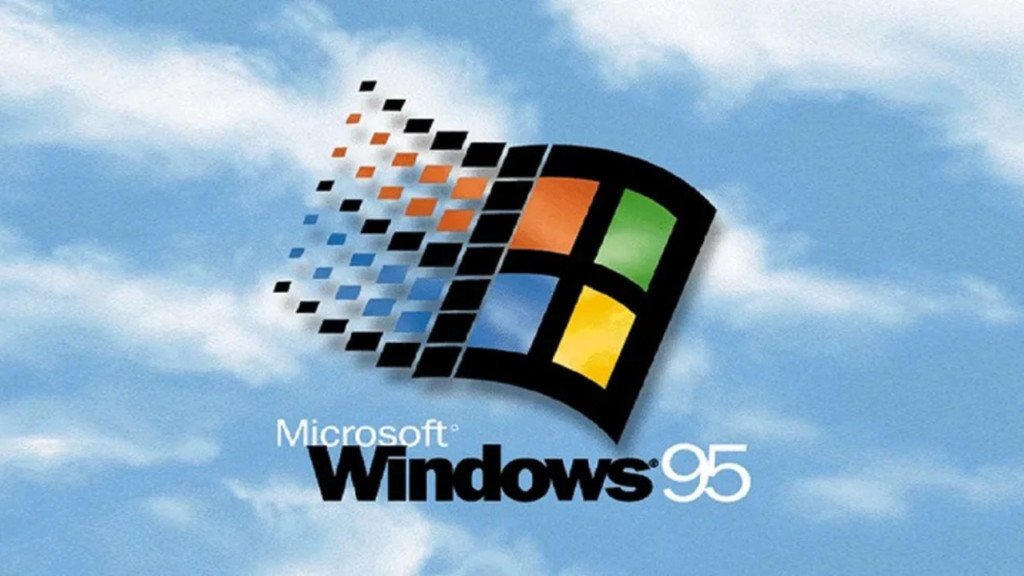William Henry Gates III, better known as Bill Gates, is an inescapable name when talking about the digital revolution that has shaped the modern world. Co-founder of Microsoft, Gates is widely recognized as one of the richest men in the world and one of the most influential figures in the history of technology. His journey from a novice programmer to one of the most remarkable business leaders of the 20th century is marked by technological innovations, radical market changes and a deep commitment to philanthropy.
This article explores the life of Bill Gates, his contributions to the technology industry, the impact of his company, Microsoft, and his transformation from successful businessman to global philanthropist.
Childhood and the Early Years
Bill Gates was born on October 28, 1955, in Seattle, Washington. The son of William H. Gates II, a lawyer, and Mary Gates, a teacher and philanthropist, Gates grew up in an environment of high expectations and intellectual encouragement. From an early age, Gates showed remarkable intelligence and a particular interest in computers and programming. As a teenager, he excelled in math and science, and showed great enthusiasm for solving complex logic and math problems.
At the age of 13, Gates enrolled at Lakeside Preparatory School, where he had his first contact with computer programming. The school, which had a Mark II computer, allowed Gates to develop his interest in technology. During this time, he began to program and develop small systems, which caught the attention of other students and teachers.
It was during his time at Lakeside that Bill Gates teamed up with Paul Allen, a colleague who shared the same interest in computers. Together, they created a computer program to generate school timetables. Although the project was simple, it represented the beginning of a collaboration that would become the basis of Microsoft.
The Making of an Empire: Microsoft
After graduating from high school, Gates entered Harvard University in 1973, where he delved further into mathematics and computer science. However, despite his academic success, Gates quickly realized that his true passion lay in building something of his own in the world of technology. In 1975, Gates dropped out of college to devote himself to software development. This was a crucial moment in his life, as he decided to follow his entrepreneurial instinct, abandoning a traditional education in search of an uncertain but promising future.
In 1975, Gates and his childhood friend Paul Allen founded Microsoft, initially a company focused on developing software for the Altair 8800 computer, which was one of the first commercial microcomputers. Microsoft was one of the first companies to recognize the potential of software for personal computers, and this vision would become the key to the company's future success.
The turning point for Microsoft came in 1980, when IBM decided to enter the microcomputer market and was looking for an operating system solution for its new PCs. Bill Gates, then 25, saw a unique opportunity to expand Microsoft. He negotiated with IBM to license the MS-DOS operating system, which was based on a system purchased from another company, Seattle Computer Products. The negotiation with IBM, which resulted in the adoption of MS-DOS, was a milestone in Microsoft's history and began the company's rise to the top of the software industry.
The Rise of Microsoft

In the following years, Microsoft continued to grow exponentially. In 1985, the company launched Windows, a graphical operating system that innovated the way people interacted with computers. Although the first Windows was not an immediate success, Microsoft managed to refine the interface and turn Windows into the dominant operating system for personal computers. Through agreements with hardware manufacturers and the production of more affordable versions, Windows quickly became the standard operating system for PCs around the world.
In the 1990s, Microsoft established itself as a leader in the software market by launching improved versions of Windows and Office, a set of essential applications for computer users. Windows 95, launched in 1995, was an important milestone, with a more intuitive interface and the introduction of new features, such as the taskbar and Start menu, which changed the way people used computers forever.
With his vision of making personal computers affordable and easy to use, Gates and Microsoft became symbols of the digital revolution. The company also began to expand into other areas, such as the browser market with Internet Explorer and, later, Xbox, which entered the video game market.
Bill Gates' business philosophy
Bill Gates is widely recognized for his business skills and strategic vision. One of Gates' main philosophies was the idea that Microsoft should be a software company, not a hardware company. He believed that the real strength of computing lay in software, which could be adapted to a wide range of devices.
In addition, Gates had an aggressive approach to competition. He was criticized by many for practices such as integrating Internet Explorer into Windows, which led to an antitrust battle with the US government in the late 1990s and early 2000s. However, his vision of creating a closed software ecosystem for consumers was fundamental to Microsoft's explosive growth.
Another important aspect of Gates' philosophy was the constant search for innovation. Microsoft didn't just follow trends, it often created them. Gates believed that the key to success lay in anticipating consumer needs and developing products that exceeded them. This approach was one of the main factors that ensured Microsoft's dominance in the software market for decades.
Philanthropy and the Bill and Melinda Gates Foundation
In 2000, Gates founded the Bill and Melinda Gates Foundation with his then wife, Melinda French Gates. The foundation is one of the largest charitable organizations in the world and focuses on solving global problems such as poverty, education and health, especially in developing countries.
Over the years, Bill Gates and his wife have pledged to donate a large part of their fortune to charitable causes. The couple have promised to donate more than 90% of their wealth over the course of their lives. The foundation has been instrumental in projects to eradicate diseases such as polio and malaria, as well as promoting significant improvements in education and public health around the world.
Gates' decision to dedicate himself to philanthropy was one of the biggest changes in his life. He went from a businessman focused on financial success to a global advocate for social causes, using his fortune and influence to solve complex issues and improve the quality of life for millions of people.
The Transition and the Legacy of Bill Gates

Bill Gates stepped down as CEO of Microsoft in 2000, but continued to play an important role in the company as chairman and leadership archetype. In 2008, he announced that he would reduce his day-to-day involvement in Microsoft to focus more on his foundation. However, he is still widely regarded as one of the greatest influences in the technology industry, and his vision, work ethic and ambition continue to inspire millions of entrepreneurs and innovators around the world.
Today, Bill Gates is remembered not only as the founder of one of the world's most successful companies, but also as one of the greatest philanthropists of his generation. His life and legacy show the power of technology to change the world, and his dedication to philanthropy highlights the positive impact that wealth and influence can have when used responsibly.
Conclusion
The story of Bill Gates is a narrative of vision, innovation and responsibility. From his early days as a young programmer to his rise as the founder of one of the world's largest companies, Gates demonstrated a rare ability to understand the future of technology and make it a reality. What's more, his transition from entrepreneur to philanthropist illustrates a change of focus in his life, using his fortune and influence to create a lasting impact on the world.
Bill Gates' legacy is not only that of Microsoft, but also that of a philosophy of using the technology to improve human and social conditions, showing the world that the true measure of success goes beyond financial profit, achieving a positive impact on global well-being.


